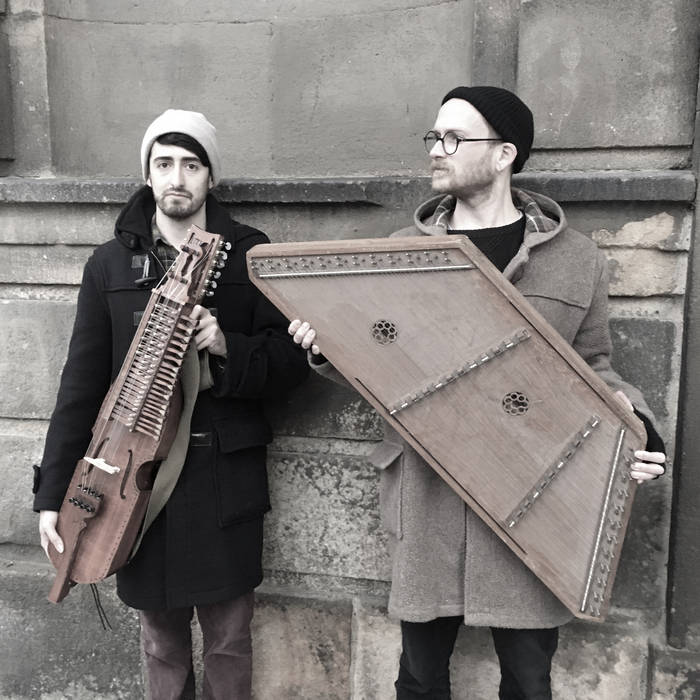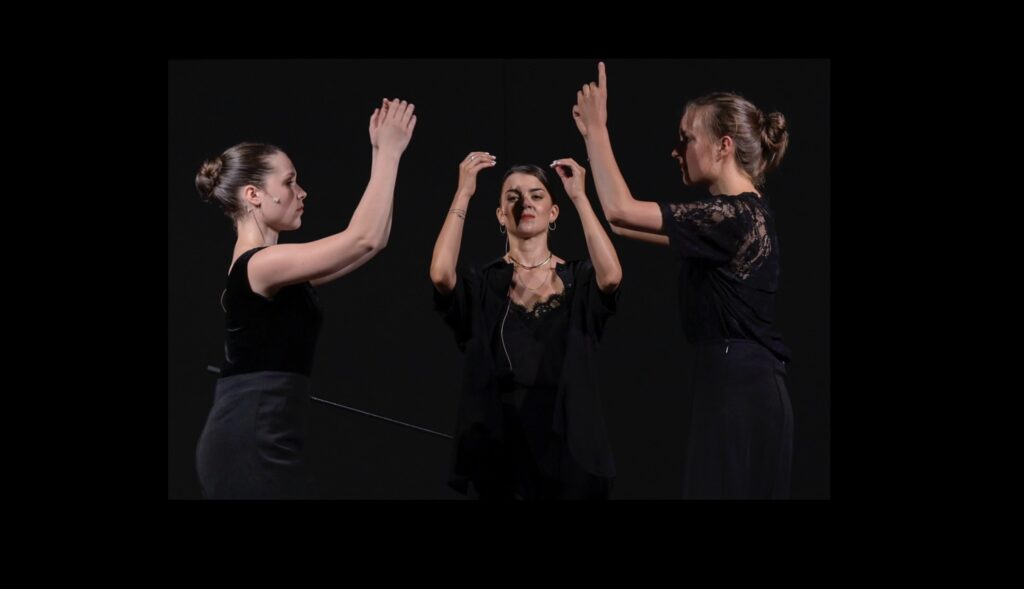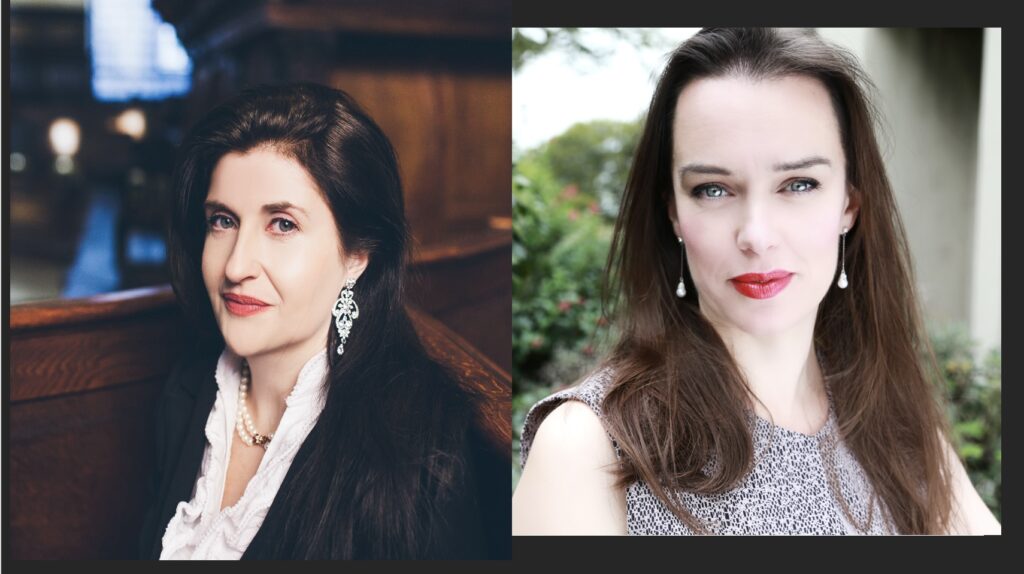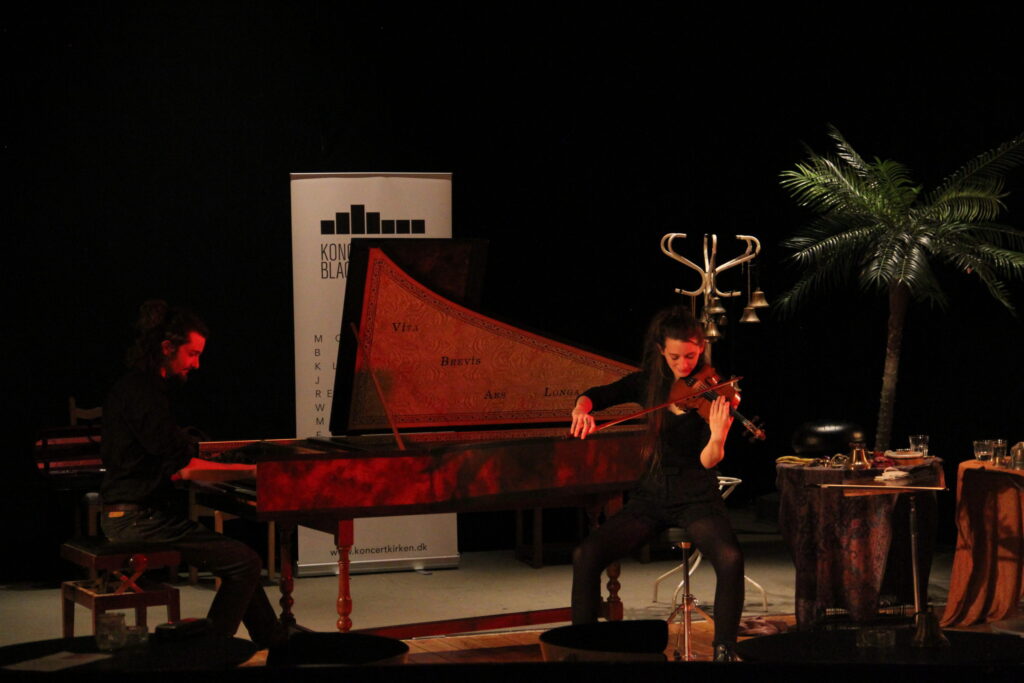Risky Early Musics
Programme:
Ensemble Mosatrïc perform ‘Resonance of Renaissance’
Resonant Bodies features Zebedee Budworth on hammered dulcimer + electronics and Rob Bentall on nyckelharpa + electronics
‘The Era of Elegance’ with mezzo-soprano Sharon Carty and Bridget Cunningham on harpsichord
Ed Williams and Anouck Genthon perform ‘Decompositions’
Ensemble Mosatrïc: ‘Resonance of Renaissance’
Does music history begin with Bach? This is the impression we often get when we browse through concert programmes. Even classical music studies hardly deal with the time before the Baroque period. In doing so, we overlook the rich, diverse, complex musical culture full of surprises that was cultivated much earlier. Ensemble Mosatrïc aims to provide a stage for Renaissance music and at the same time ventures to offer a contemporary perspective on Early Music with “Resonance of Renaissance”: To what extent and in what form is this music still relevant, interesting or has the potential to inspire us today? With an artistically light and carefree spirit of experimentation, the musicians bring compositions from the 13th to the 17th centuries back to life. However, they take it one step further: They dare to take the risk of complementing, recombining, further developing and creating entirely new connections. Singing, playing and dancing, they celebrate the encounter of old and new, life and death, nature and culture. As if by themselves, elements of jazz or flamenco, atonal or electronic music emerge from the original works by Spanish, French, Italian and German composers. The joy of taking risks transforms the music of past centuries into a contemporary versatile work of art encompassing sound and movement, rhythm and language. Let Renaissance resonate!
Resonant Bodies: Zebedee Budworth (hammered dulcimer + electronics) and Rob Bentall (nyckelharpa + electronics)
We aim to explore the spectacular sonorities of the ancient instruments we play, and how they interact with each other. We aim to marry these old technologies with new ones, processing the rich resonant instrumental timbres through electronic effects. The duo seeks to reimagine folk tunes through an improvised musical dialogue, allowing the rich sonority we piece together to lead our creative output.
‘The Era of Elegance’ Sharon Carty (mezzo-soprano) and Bridget Cunningham (harpsichord)
This recital features elegant keyboard and vocal music full of ornamentation – one aspect of baroque music associated with emotional affect. An amount of risk is involved with the spontaneity of ornamenting, improvising over musical phrases and adding cadenzas to achieve spectacular, dramatic result.
The keyboard music displays lavish ornamentation and full range and capacity of the harpsichord from low G to top D reflecting Roseingrave’s lyrical writing in the Sarabande and Handel’s use of colours and variation over another dance, the Passacaille.
In the devout aria ‘As with rosy steps the morn’ from Handel’s oratorio ‘Theodora’, Irene has been worshipping with Theodora and their fellow Christian believers in private rather than joining in the festival for the Roman emperor’s birthday when a messenger brings news of the terrifying decree of ‘insulting death’. Irene responds to these Roman’s threats by singing this aria about serenity and faith.
In the opera ‘Giulio Cesare’, Sesto, a young nobleman is seeking revenge for his father’s murder and feels devastated and attempts to kill himself but is prevented from doing so by his mother. In the aria ‘L’aure che spira’, he repeats his vow and determination to follow and kill the tyrant Tolomeo who is responsible for his father’s death.
Ed Williams and Anouck Genthon: ‘Decompositions’
Decompositions is a series of improvised, collaborative process-pieces in which pieces of early music are taken apart, expanded and explored by musicians in real time. Acting like enzymes decomposing organic matter, the performers collaboratively weave an improvised tissue of timbres, intervals and silences that emerge from the diffraction, repetition and savoring of the original score’s notes. Risk is inherent in how the piece unfolds as we navigate “not-knowing together”. Rich with dissonance, there is another layer of risk involved in the very act of “decomposing” cherished composers of the Western canon. But combining early music practices such as ornamentation and improvised canons with contemporary ones such as deep listening and extended techniques, my approach embraces an aesthetics of care as well as risk-taking which I am passionate about communicating to the wider public, encouraging them to joyfully grieve the decaying, binary norms of traditional European culture. For Sonorities 2024, I team up with my improvising partner Anouck Genthon to lovingly decompose the Siciliana from J.S. Bach’s Sonata IV for violin and harpsichord. Ed Williams.
Media
Book
Book Tickets for all free events via the link below. Spaces are limited, so book early to avoid disappointment.
Ticket Link



